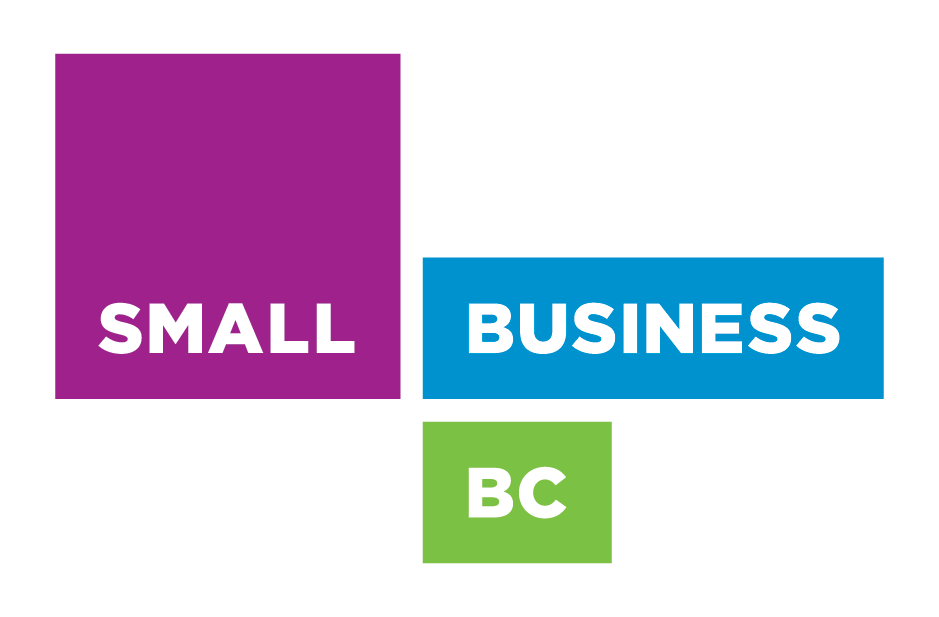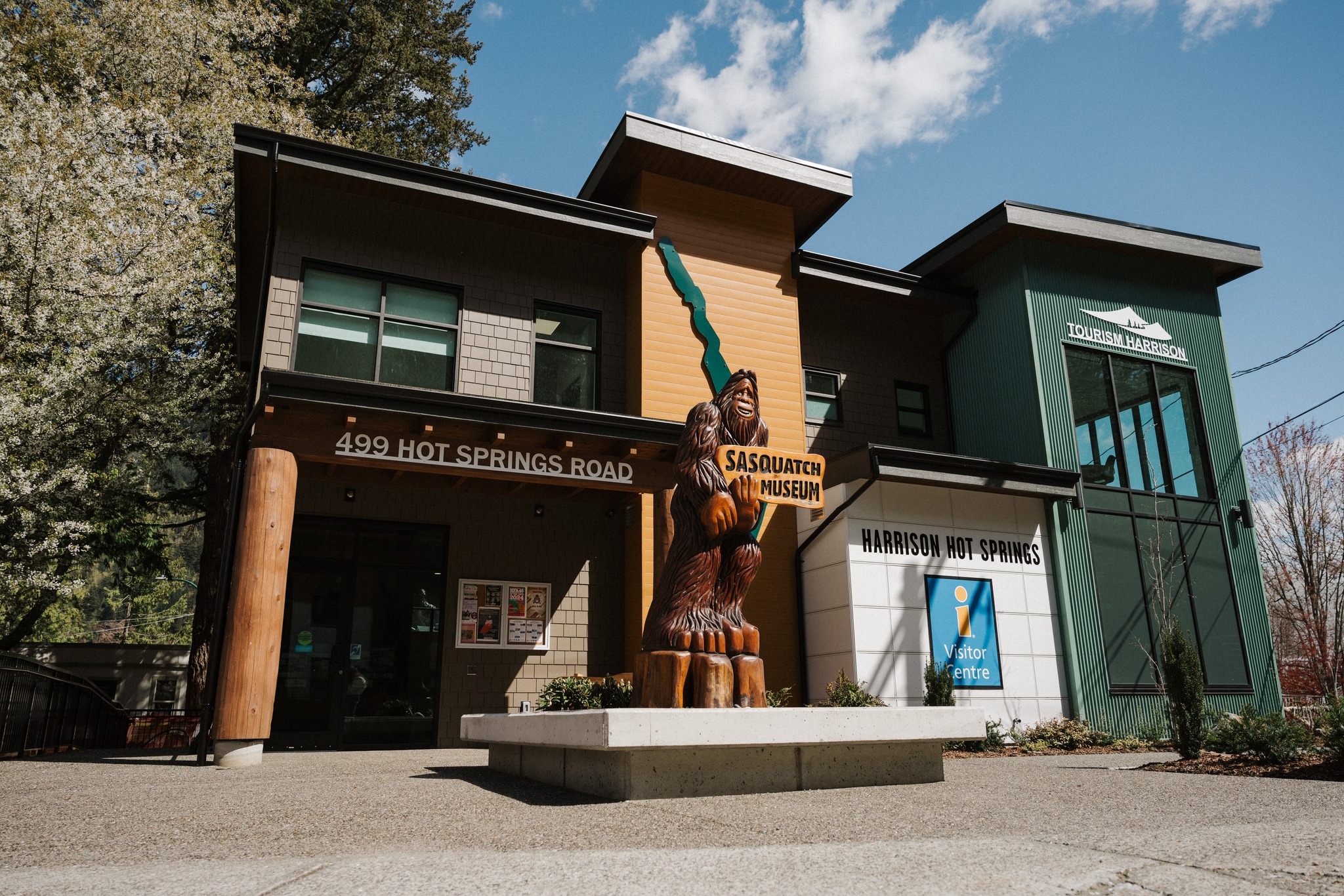Victoria – As part of its commitment under the Provincial Domestic Violence Plan, the B.C. government is investing $500,000 to increase access to transition house and safe-home services for Aboriginal women and children who are affected by domestic violence.
“Aboriginal women in B.C. are nearly three times more likely to be victims of domestic violence than non-Aboriginal women – and that’s completely unacceptable,” said Minister of Children and Family Development Stephanie Cadieux. “Whether they need bus tickets, legal counsel or personal documents, this funding will help more Aboriginal women and children get the help they need to escape from violent situations and rebuild their lives.”
The $500,000 has been distributed through BC Housing to 56 transition houses and safe homes to provide subsidies to Aboriginal women and children and to help improve access to transition-house and safe-home programs and services throughout British Columbia.
“We are committed to working with our partners across the province, including those who manage transition houses and safe homes, to help more Aboriginal women, children and youth feel safe,” said Minister of Natural Gas Development and Minister Responsible for Housing Rich Coleman. “This funding will help them access the supports they need to regain their independence and build a new life.”
“Sometimes women and children need to flee a violent situation with only the clothes on their backs – they have to rebuild their lives from nothing,” said Minister of Aboriginal Relations and Reconciliation John Rustad. “Through this investment, transition houses and safe homes will be able to work with these families to get them what they need and keep them safe.”
For example, the subsidy will be used towards the cost of:
- Transportation to a transition house/safe home, a doctor’s appointment or lawyer meeting, or to fly a high-risk client out of the community.
- Medical and legal services.
- Important documents, such as identification.
- Clothing and personal items if the woman/child had to leave their home quickly.
“Transition houses and safe homes across the province provide a safe, supportive place for women and children who are dealing with the effects of domestic violence and other violent crimes,” said Catherine Talbott, executive director of the BC Society of Transition Houses. “Thanks to this investment, more vulnerable Aboriginal women and children will be able to get the help and support they need to rebuild their lives.”
The investment will be used over the next two years and supports the second- and third-year commitments under the three-year, $5.5-million Provincial Domestic Violence Plan – to provide direct services for Aboriginal children, youth and families, as well as providing services in rural and remote communities.
Quick Facts:
- From 2004 to 2009, it is estimated that more than 160,000 British Columbians were victims of domestic violence.
- Over that same period, domestic violence claimed the lives of 113 women in B.C. – an average of 10 women each year.
- The B.C. government commits more than $70 million per year in prevention and intervention services and programs that benefit victims of domestic violence and other crimes.
- Last year, the Province invested more than $3.6 million in civil forfeiture funds to support vulnerable women, and a further $5 million was provided this year to support anti-violence and crime-prevention initiatives, with a focus on addressing violence against women.
- Of the $5 million, over $1 million was provided to 58 projects that focus on supporting Aboriginal communities in their anti-violence and prevention initiatives. For example:
- $30,000 in civil forfeiture proceeds to Carrier Sekani Family Services to create an action plan that addresses the issue of violence against young women and girls in the Burns Lake area.
- $30,000 for the Northern First Nations Child and Family Services Council Society to raise awareness around the issues of child abuse, family violence and the sexual exploitation of girls.
- $30,000 to help the Pacific Association of First Nations Women train frontline service providers who work with Aboriginal women who are victims of violence, or at risk of experiencing violence.
- More than $27,000 for a 16-week program, run by the Haida Gwaii Society for Community Peace, for men who have used abuse in their intimate partner relationships.
- The Province has also committed to dedicating a portion of civil forfeiture funds in future years to support the Vision for a Violence Free BC strategy.
- The strategy is B.C.’s long-term path to creating a province where all women have the supports they need to help prevent violence, escape from violent situations, and recover if they have been victims of violence.
- This year, government helped open a newly integrated Domestic Violence Unit (DVU) in Surrey and another in Nanaimo, bringing the total number of DVUs in the province to seven.
- The Provincial Domestic Violence Plan, which was co-ordinated through the Provincial Office of Domestic Violence (PODV) in consultation with the public and anti-violence stakeholders, aims to make B.C. a safer place for women, children and anyone who has been affected by domestic violence.
- PODV was created in March 2012 as the permanent lead for the B.C. government, focused on strengthening the services and supports available for children, women and families affected by domestic violence.
Learn More:
Domestic violence programs, services and supports in B.C.: www.saysomethingbc.ca/
To read the Violence Free BC strategy, visit: www.pssg.gov.bc.ca/victimservices/shareddocs/pubs/violence-free-bc.pdf
To read the Provincial Domestic Violence Plan and learn more about the Provincial Office of Domestic Violence, visit: www.mcf.gov.bc.ca/podv/index.htm
To read the First Annual Report on the Provincial Domestic Violence Plan, visit: www.mcf.gov.bc.ca/podv/pdf/dv_pp_far.pdf
For more information about the BC Association of Aboriginal Friendship Centres: www.bcaafc.com/
To learn more about civil forfeiture grants in British Columbia, visit: www.pssg.gov.bc.ca/civilforfeiture/index.htm













